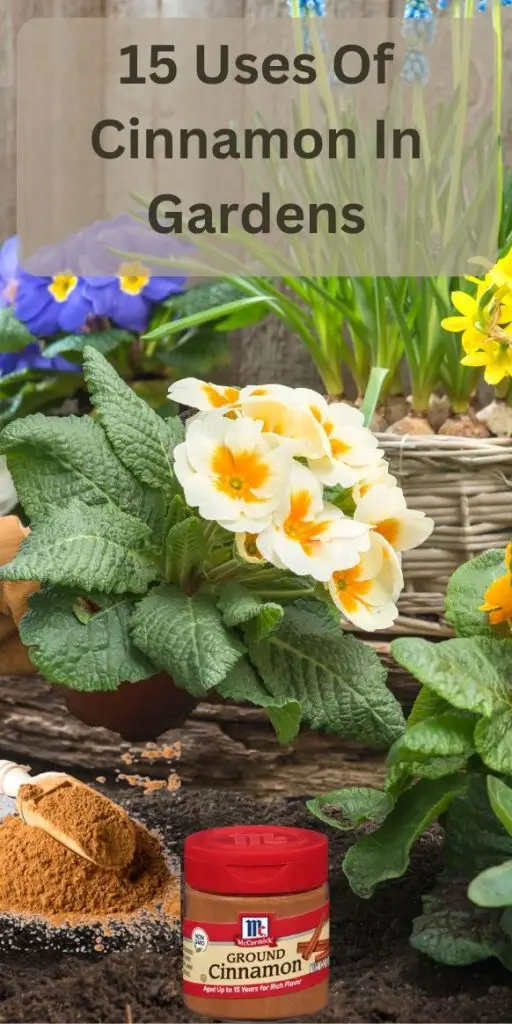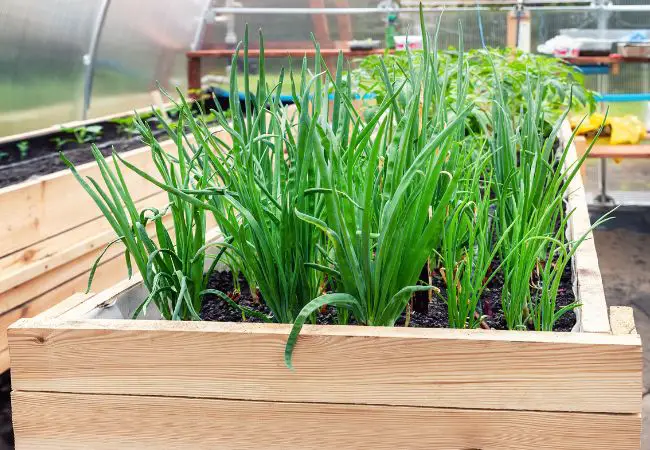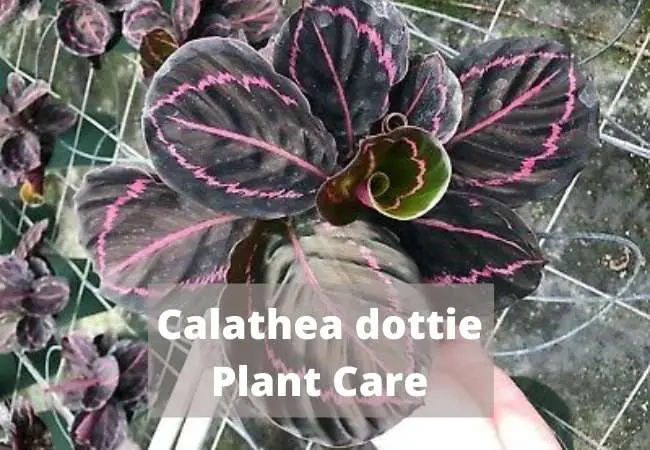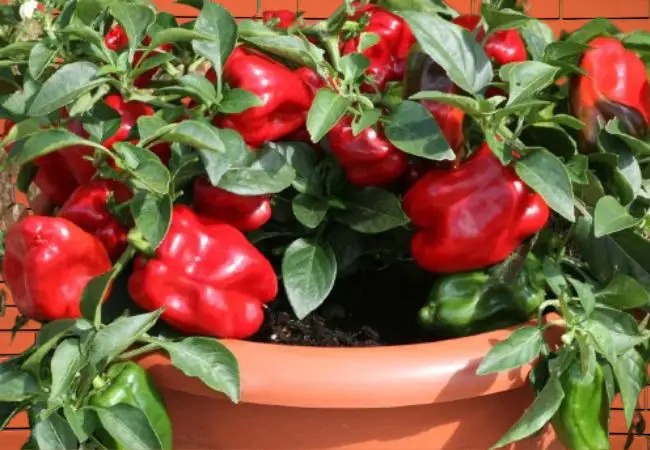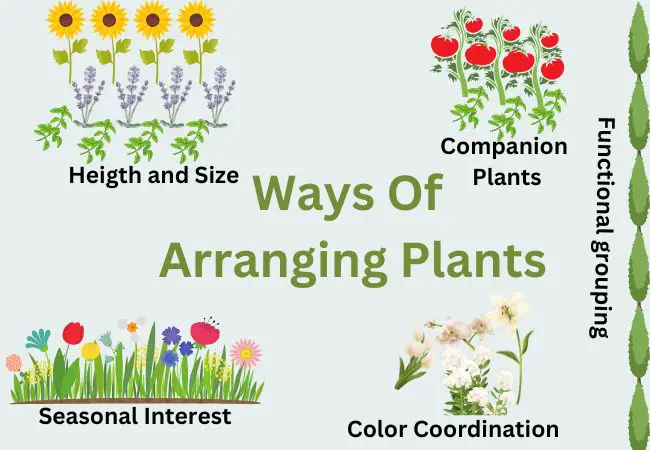15 Uses of Cinnamon In Gardens
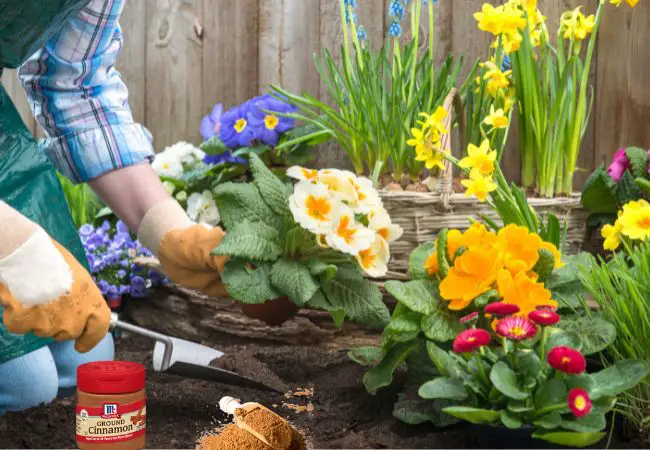
These are the best uses of cinnamon in gardens that will provide many benefits for your plants. Cinnamon is a common, well-known spice used in many cuisines worldwide, but not many people know that it can also be used in the garden.
Uses of Cinnamon in Gardens
This aromatic spice has natural antifungal and antimicrobial properties, making it an excellent natural alternative to chemical pesticides and fungicides.
In this article, I will explore the various ways cinnamon can be used in the garden to enhance plant growth, prevent diseases, and repel pests.
Antifungal Properties
Cinnamon has been found to have powerful antifungal properties, making it an effective natural fungicide. It can be used to prevent and treat fungal diseases in plants, such as damping-off disease and powdery mildew.
To use cinnamon as a natural fungicide, simply sprinkle a generous amount of cinnamon powder over the affected plant parts or soil.
Benefits of using cinnamon as a natural fungicide
The benefits of using cinnamon as a natural fungicide are many. Firstly, it is safe to use and does not harm beneficial insects like bees and ladybugs.
Secondly, it is an inexpensive and readily available alternative to chemical fungicides.
Thirdly, cinnamon does not have any adverse effects on the soil or plant, making it an eco-friendly option.
Cinnamon for Seedlings
Seedlings are often vulnerable to fungal infections that can stunt their growth or kill them outright. Cinnamon can be used to protect seedlings from fungal diseases by sprinkling cinnamon powder over the soil or dipping the seedlings in a cinnamon solution before planting.
Benefits of using cinnamon for seedlings
Cinnamon is an effective seedling protectant because it inhibits the growth of harmful fungi that can damage or kill young plants. It is also easy to use, non-toxic, and affordable.
Using cinnamon to protect seedlings can ensure that they grow into healthy and robust plants. It allows the plants to have a healthy start from the word go.
Using Cinnamon for Compost
Cinnamon can be used as a decomposition aid. Cinnamon can be added to compost piles to speed up the decomposition process.
Cinnamon helps to break down organic matter and enhances soil structure by providing nutrients and improving soil aeration.
Benefits of using cinnamon in composting
Adding cinnamon to compost piles can accelerate the breakdown of organic matter, resulting in nutrient-rich compost that can be used to improve soil fertility.
Cinnamon also acts as a natural deodorizer, reducing the unpleasant odors often associated with composting.
Pest Control with Cinnamon
Cinnamon can also be used to repel pests in the garden. Cinnamon contains compounds that are toxic to many insects, making it an effective natural insect repellent.
To use cinnamon for pest control, sprinkle the cinnamon powder around plants or mix it with water and spray it on the leaves and stems.
Benefits of using cinnamon for pest control
Using cinnamon as a natural insect repellent has several advantages. It is non-toxic to humans and pets, making it a safe alternative to chemical pesticides.
It is also affordable and easy to use, and it does not harm beneficial insects like bees and ladybugs.
Using Cinnamon for Plants
Cinnamon is great at stimulating growth in plants by promoting the development of new roots and shoots. Cinnamon contains a hormone called auxin, which is responsible for cell division and growth in plants.
Applying cinnamon to the soil or the plant’s base can help to stimulate root growth and enhance plant growth and development.
Benefits of using cinnamon for plant growth
Using cinnamon to stimulate plant growth can have several benefits. It can improve the overall health and vigor of plants, resulting in increased yields and better-quality crops.
It is also an affordable and eco-friendly alternative to chemical plant growth hormones.
Cinnamon for Root Rot
Root rot is a common problem in plants that can be caused by overwatering or poorly draining soil. Cinnamon can be used as a natural treatment for root rot by sprinkling cinnamon powder on the affected roots or soil.
However, it is good to note that if the roots are severely affected, the plant might be beyond saving.
Benefits of using cinnamon for root rot
Using cinnamon as a natural treatment for root rot has several benefits. Firstly, it is non-toxic and safe to use, making it an eco-friendly alternative to chemical treatments.
Secondly, cinnamon has natural antifungal properties that can help to inhibit the growth of harmful fungi that cause root rot.
Thirdly, cinnamon can help to stimulate new root growth, which can help plants recover from root rot and improve their overall health.
How to Use Cinnamon On Plants
Cinnamon can be applied to the garden in several ways, depending on the purpose and plant type.
Cinnamon Powder Application
Cinnamon powder can be sprinkled over the soil, seedlings, or affected plant parts to repel pests, prevent fungal diseases, or treat root rot.
To apply cinnamon powder, simply sprinkle a generous amount over the affected area and gently work it into the soil.
How To Make Cinnamon Spray For Plants
Cinnamon oil can be mixed with water and sprayed on plants to repel pests and promote growth. To make a cinnamon oil spray, mix 10-15 drops of cinnamon oil with a quart of water and spray it on the leaves and stems of plants.
Cinnamon Sticks
Cinnamon sticks can be used to prevent fungal diseases and repel pests in the garden. To use cinnamon sticks, simply bury them in the soil near the plants or place them around the garden to repel pests.
Precautions and Limitations Of Using Cinnamon In Gardening
While cinnamon is generally safe to use in the garden, there are some precautions and limitations to consider.
Firstly, cinnamon should be used in moderation, as excessive use can lead to soil acidity and nutrient deficiencies.
Secondly, cinnamon should not be applied to plants that are sensitive to its compounds, as it can cause leaf burn or other adverse effects.
Thirdly, cinnamon should not be used as a replacement for proper watering and soil maintenance, as it is not a cure-all solution for plant problems.
Final Thoughts On Using Cinnamon
Cinnamon is a versatile spice that can be used in the garden to enhance plant growth, prevent diseases, and repel pests. Whether it is applied as a powder, oil, or stick, cinnamon can help to improve soil fertility, stimulate root growth, and protect plants from harmful pests and fungi.
However, it is important to use cinnamon in moderation and in conjunction with other best practices for plant care to ensure the best results.
I hope this post on the uses of cinnamon in gardens was helpful. With its natural antifungal and antimicrobial properties, cinnamon is a valuable addition to any garden. If you love gardening make sure to follow me on Multigardening Pinterest for more awesome posts.
